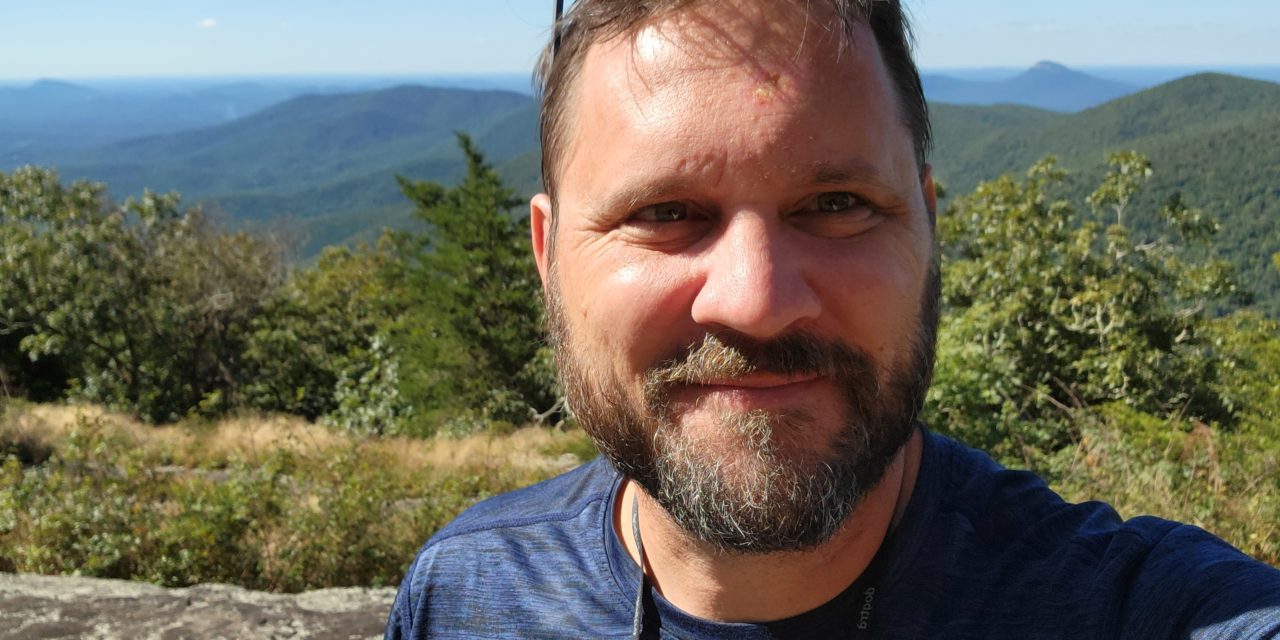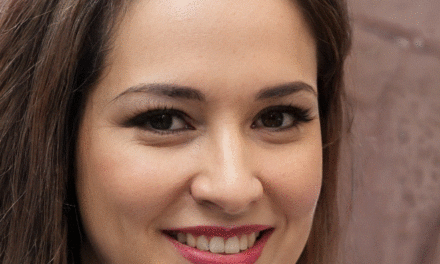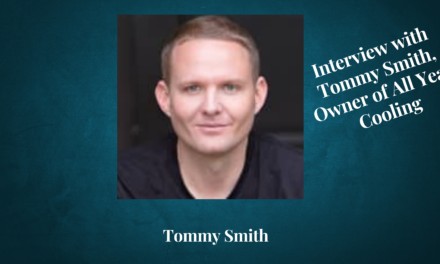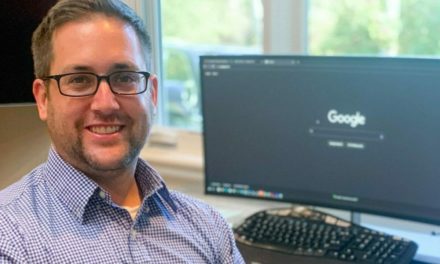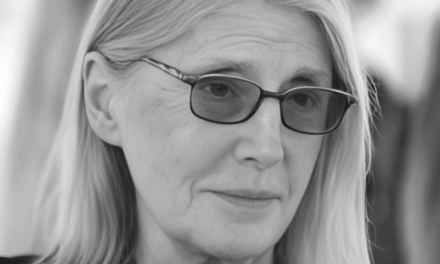Troy Biesterveld is a nuclear trainer with more than two decades of experience. Troy got a start as a nuclear trainer while working with the U.S Navy. While working with the Navy, Biesterveld felt the need to grow his skills in personnel management and enrolled for a degree in Human Resource Management/Personnel Administration at The New School. The skills he learned there were instrumental to his career growth, and by the time he left the Navy in 1996, he had risen to become an Engineering Watch Supervisor. With his experience, Biesterveld was in high demand even after leaving the Navy. He joined NextEra Energy Resources in 2006 as a Nuclear Operations Training Supervisor. Like in the Navy, he excelled in this role, and only left in 2017, when he landed the role of Senior Evaluator at the Institute of Nuclear Power Operations. He still works there, among other organizations where his services are needed for nuclear training. Since he joined the Institute of Nuclear Operations, Biesterveld has also taken steps to grow his skills further. For instance, he enrolled for a Master’s Degree in Executive Leadership at Liberty University. While pursuing his Master’s degree, Biesterveld was given the role of supplementary tutor, helping students engage better with the learning materials. While his roles are quite tasking, Biesterveld never misses an opportunity to engage in other activities close to his heart. He has been a philanthropist for years and is particularly interested in charities connected with the fight for animal rights. For years, he has been donating to the Humane Society, and he recently doubled his contribution to help save 4000 Beagles. He also loves cycling and regularly joins local competitions with friends and family.
As someone involved in nuclear training, can you tell us a little about yourself and how you got to where you are today?
I am a nuclear trainer with close to 3 decades of experience. I started as a trainer with the U.S Navy and have grown in my career over time. Today, I work for the Institute of Nuclear Operations and offer my services to other organizations whenever needed. To get to where I am has been nothing but pure hard work and a love for what I do. From the moment the U.S Navy made me a nuclear trainer, I instantly fell in love with the job. The love for what I do also drove me to seek even more skills as a trainer, including getting a Master’s degree in executive leadership. I believe this drive to continually improve my skills has been crucial in getting me where I am today.
How did your background in human resource management set the stage for your expertise in nuclear training?
It played a significant role in making me the person I am today. You see, nuclear training, like any other training role, is about relating with people. With the skills I received while studying Human Resource Management, I can deal with different people amicably while using the best techniques to ensure that they understand the concepts I teach. My Master’s degree in executive management has also helped me a big deal when training specialists, people who already have the skills and would regard me as a peer.
Was it difficult to get started?
Absolutely. When I first joined the U.S Navy as a nuclear trainer, I had a few challenges handling individuals from diverse backgrounds. This was stressful and was my biggest motivation for enrolling for a degree in Human Resource Management. The people skills that this degree gave me, to a large extent, helped me overcome the challenges.
What inspired you to start your career as a nuclear trainer?
I didn’t really set out to become a nuclear trainer. However, after joining the Navy as a nuclear trainer, I instantly fell in love with my job. This has grown on me. I now love the job so much that I continually seek ways to grow my skills and become even better at what I do.
Were there any difficulties when you first started out as a nuclear trainer?
As I mentioned earlier, when I first became a trainer, I struggled dealing with people from different backgrounds. However, with experience, and a mind open to continuous learning, I overcame most of these challenges.
What is the important takeaway (your goal) that you want people to know about as a nuclear trainer?
I want people to know that nuclear energy is one of the sources of energy that can help rid the world of fossil fuels. As such, the more people get interested in nuclear power, seeking to learn how it works and other issues around it, the better.
We notice you recently completed a Master’s Degree in Executive Leadership. Can you share with us how this has improved your career?
Enrolling for this degree was one of the best moves in my career. It has opened my mind even more on how to deal with people while efficiently giving them the skills they need to succeed. For instance, I am now better positioned to train specialists than before the training. Basically, I am in a better position in my career thanks to this degree.
You are actively involved with the Humane Society. Can you share with us a little about it?
Yes, I have been an active donor to the Humane Society for the last ten years or so. I recently doubled my donations there to help save over 4000 dogs held in testing facilities. My love for animals drives my donations to the Humane Society. It hurts me just imagining that there are people who put animals through cruel conditions for no justifiable reason.
What obstacles have you faced in the pursuit of being a nuclear trainer, and how did you overcome them?
I am lucky that I haven’t faced any obstacles that I would mainly consider a threat to my career. My challenges are pretty normal job-related issues. You just get used to most of them or solve them with the trainees involved.
What motivates you to keep going in all that you do?
My biggest motivator is the knowledge that I am in an industry that has the potential to solve one of humanity’s biggest crises at the moment, and that’s climate change. The world is getting warmer, and nuclear energy is one of the most sustainable of all the renewable energy solutions fronted at the moment. If there is ever a breakthrough in nuclear fusion, it would completely change society as we know it.
Do you have an important message to share with our readers and entrepreneurs?
I would advise them to always see that they complete whatever they start. People are often quick to start something, but once challenges come up, they give up. This keeps them in a loop where they never get to achieve anything meaningful.

Interviews and PR by Matt Peters.
https://searchmanipulator.com
